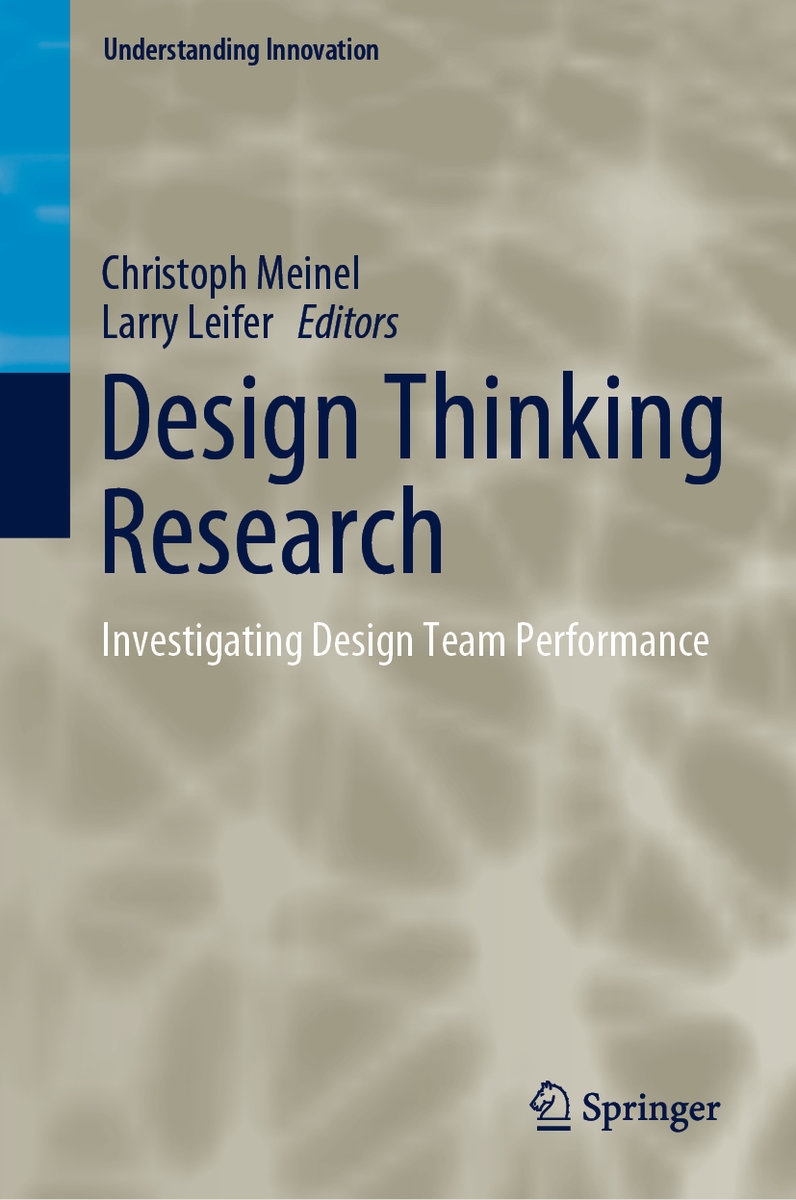Extensive research conducted by the Hasso Plattner Design Thinking Research Program at Stanford University in Palo Alto, California, USA, and the Hasso Plattner Institute in Potsdam, Germany, has yielded valuable insights on why and how design thinking works. The participating researchers have identified metrics, developed models, and conducted studies, which are featured in this book, and in the previous volumes of this series.
Offering readers a closer look at design thinking, and its innovation processes and methods, this volume addresses the new and growing field of neurodesign, which applies insights from the neurosciences in order to improve design team performance.
Thinking and devising innovations are inherently human activities - and so is design thinking. Accordingly, design thinking is not merely the result of special courses or of being gifted or trained: it is a way of dealing with our environment and improving techniques, technologies and life in general.As such, the research outcomes compiled in this book are intended to inform and provide inspiration for all those seeking to drive innovation - be they experienced design thinkers or newcomers.



